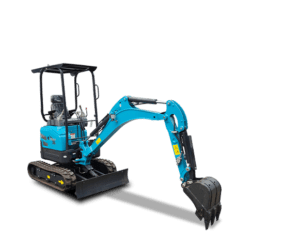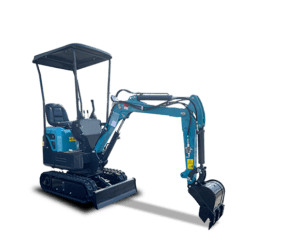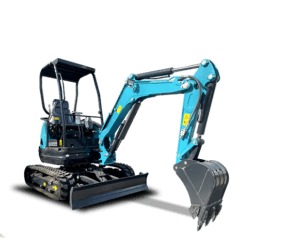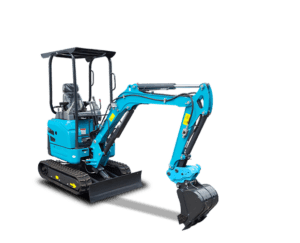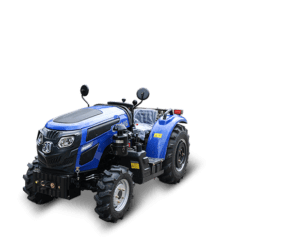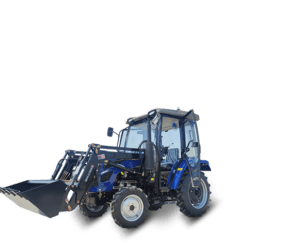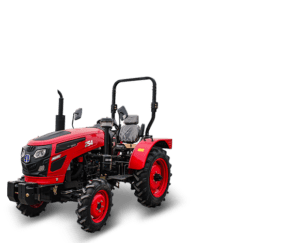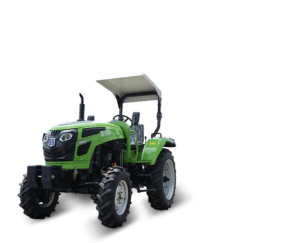Shandong Qilu Industrial Co., Ltd.
Designer e fabricante líder mundial de escavadeiras, carregadeiras e tratores agrícolas
categorias de produtos de máquinas qilu
Fornecê-lo com uma solução razoável
Shandong Qilu Industrial Co., Ltd. é um fabricante e exportador profissional que integra o desenvolvimento e produção de mini escavadeiras, carregadeiras e tratores. Nós fornecemos o melhor serviço, absolutamente.
Serviço de pré-venda
Serviço pós-venda
Controle de qualidade
Sobre nós
Reproduzir vídeo Qilu
ODM / OEM / ATACADO
Reproduzir vídeo do produto
ESCAVADORA / TRATOR / CARREGADORA
Especialista em
Escavadeira / Trator / Carregadeira
Somos fabricantes e exportadores profissionais que integram o desenvolvimento e produção de escavadeiras, carregadeiras e tratores.
Exibição de vídeo de operação
No YouTube, temos vídeos de feedback de clientes, vídeos de diversos modelos de escavadeiras, tratores, carregadeiras. Todos exibidos no YouTube.
Informações em destaque
Tratores pequenos: grande desempenho, tamanho compacto
Descubra como tratores pequenos oferecem alto desempenho em espaços compactos. Ideais para fazendas, paisagismo e muito mais.
Tratores compactos: seu parceiro agrícola definitivo
Explore o poder dos tratores compactos para agricultura, paisagismo e tarefas diárias de terra. Aprenda a escolher, usar e manter o seu melhor parceiro agrícola.
Escolhendo o equipamento agrícola trator certo
Selecionar o equipamento agrícola trator certo significa entender as tarefas, o terreno, o ciclo de produção e os objetivos de longo prazo.
Fale Conosco Hoje!
Alguma dúvida, orçamento ou consulta? Clique no botão para enviar mensagem.
A Qilu Industrial estará sempre aqui para ajudar.










